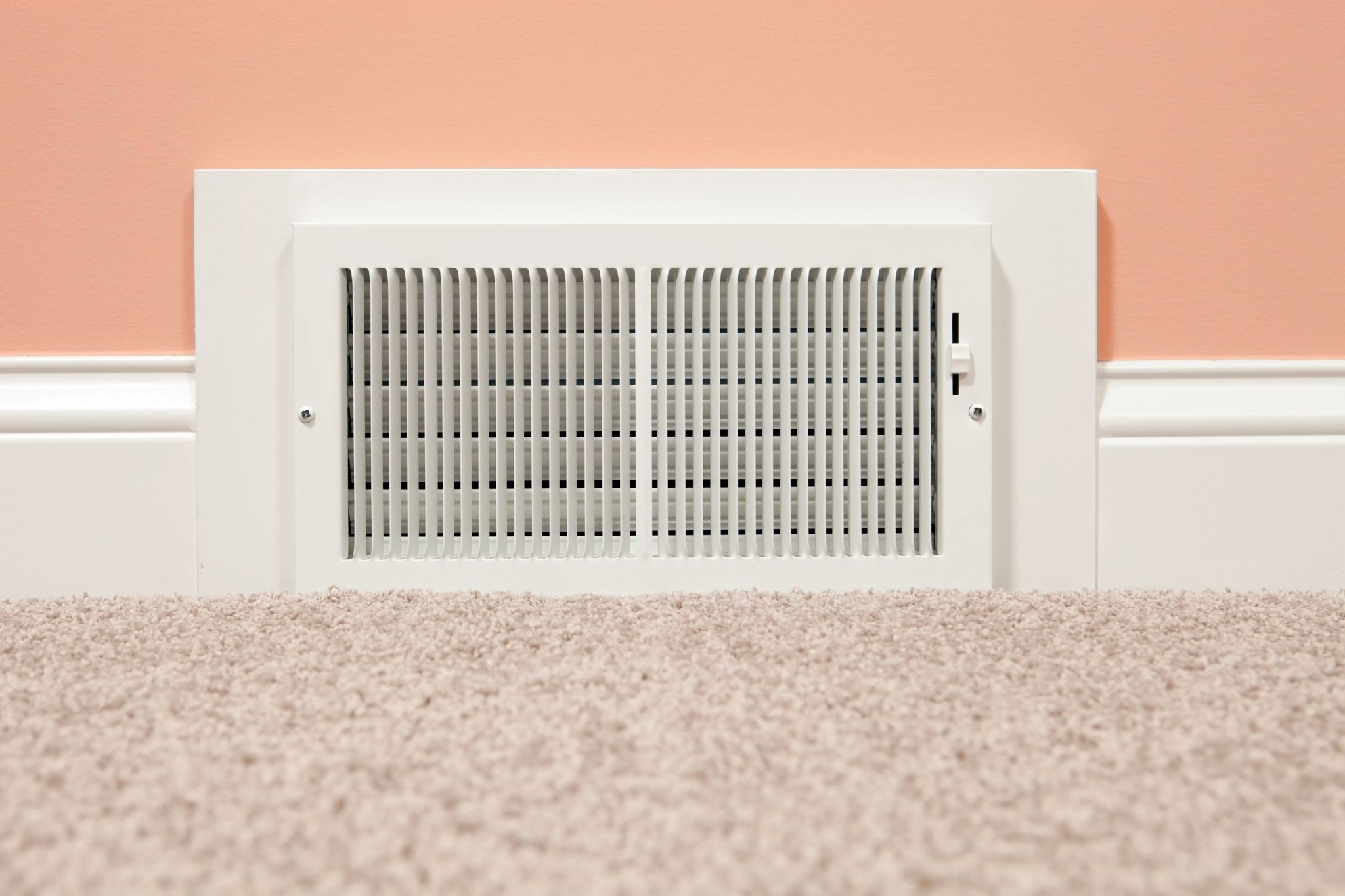If you’ve been living a life of fans and window units, you know how a brutal summer can have you begging for central air. But for many homeowners with older homes, flipping a house to central AC seems like a huge and costly undertaking.
But if your AC is 10 or more years old, the benefits of upgrading it can make up for the cost. A newer, more efficient model can ramp up your comfort and clean air, as well as improve your home energy efficiency by cutting down your cooling costs by up to 40%.

If you’re a homeowner on the fence about whether central air installation makes sense for your home, the following tips will help you make a decision. Find out how to choose and budget for the right HVAC system for your home; then dive into how to reduce central air installation costs or even finance the purchase.
How to Select the Right HVAC Unit
To find the right HVAC system, you'll need to start by considering the factors that affect project costs, such as:
Size of Your Home
The biggest factor that will affect your HVAC costs is the size of your home. Greater overall square footage and larger rooms will require more air to heat and cool. This means the installation and operation costs will increase significantly if you live in a larger house.
Type of HVAC System
Different types of HVAC systems will affect your utility bills differently in the long run. For example, a nonzoned HVAC system will cost less to install than a zoned HVAC system, but a zoned HVAC system will add efficiency and help to reduce utility bills over time.
Age of Your Home
Your home’s age also affects your HVAC costs. While a newer home is unlikely to require an HVAC installation, older homes may not be set up to run conventional HVAC ductwork. This means you’ll pay more to install central air, including ductwork. Two newer technology offerings that work for older homes without ductwork are highlighted in the section “What Are Other AC Options?”
Budget for Central Air Installation
A smaller budget dictates what type of HVAC you choose and how you manage installation costs. For example, an older home with a smaller budget may direct you toward a nonzoned system with less ductwork. But a larger budget may allow you to install an upgraded system throughout your home, no matter how old your home is.
What Are Other AC Options?
There are now options to cool your home besides ducted central air. For example, ductless mini split systems require an indoor unit in each room that needs cooling, but the units are small and unobtrusive and can be installed without major construction, according to Carrier. You can manage the temperature by room and put AC only where you want it, reducing your utility bills.
Another option is high-velocity systems. They use a compressor or heat pump outside, and air travels into rooms through vents. But instead of using large ducts throughout the home, these systems use skinny tubing and much smaller vents, according to Airquip. This type of system can be retrofitted into an existing home, and requires less energy to operate than central AC.
How Much Does It Cost to Install Central Air With Labor?
For a new home, the average cost of an HVAC installation is between $5,000 and $11,000, according to FixR. This price includes the cost of the system and installation, which can vary depending on contractor prices, your region, and the size of your home.
In addition, if your home needs to be outfitted with extra ductwork (or have outdated ducts replaced), those extras will add to your installation costs.
HVAC systems are complicated to install, so working with a licensed professional is best. A botched DIY job could lead to headaches later.
How to Reduce the Cost of Central Air Installation
It’s never the perfect time to install or replace your HVAC, but you can schedule your purchase during a sale or low seasons like fall or early spring. A great discount can lower the unit cost, leaving money in the budget for proper installation.
How to Finance Central Air Installation
If you want to install central air but don’t have cash on hand, the first step is to see if the HVAC retailer offers financing. You can also consider a credit card to make the purchase if you know you can pay it off quickly.
Another option is to take out a home equity loan or use a home equity line of credit to purchase your HVAC system. These choices allow you to use your home’s equity to get cash quickly for a renovation that will ultimately increase the home’s value. When you use the funds from your home equity loan or line of credit for a home renovation, you may qualify for a tax deduction for any interest paid on the debt.
Energy-efficient HVACs may also qualify for an energy rebate. Contact your utility or state’s government website to see if you can earn a rebate after your HVAC installation.
Important Factors to Consider When Pricing Your HVAC Install
While this guide shows you the primary considerations to think about when deciding whether to pay the price to install central air, keep in mind that contractors and maintenance technicians will have different costs specific to your home and HVAC system. That means you’ll want to discuss any extra costs with your contractor beforehand and factor in ongoing maintenance.
Before you get your central air installation on the books, check out our list of HVAC do’s and don’ts , which will get you started on taking proper care of your air and heating. This way, you’ll be well prepared to manage your energy costs while keeping your home comfortable year-round.
